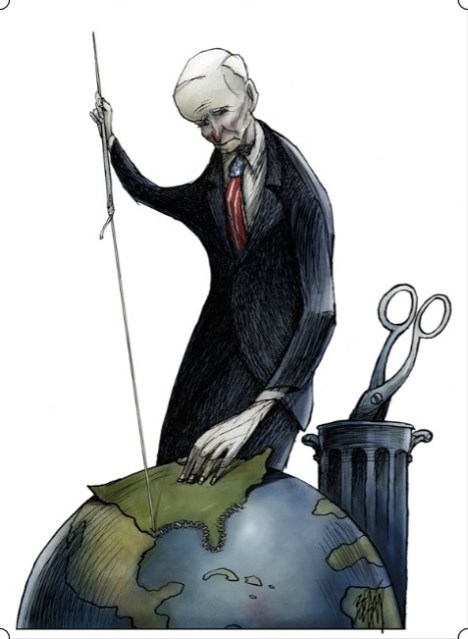
The Biden-Harris administration has already taken swift action on immigration by halting Trump’s border wall and strengthening the government’s commitment to DACA. However, their approach to the broader issues facing migrants and border communities will depend on the administration’s continued efforts and their Democratic allies in Congress. As the administration studies and prepares for its approach to immigration reform, they must recognize all forms of racial and xenophobic discrimination for what they are: a public health hazard. The American Public Health Association is just one of many professional associations and government entities to acknowledge that racism is a public health crisis. These inequities are apparent in disparate diagnosis rates for conditions like asthma, diabetes, cancer, heart disease, and now COVID-19.
The additional burden of labor and risk during the pandemic has stacked on top of the unbalanced odds already facing immigrants. As a doctoral candidate in Sociology at the University of California, Santa Barbara, I worked with community leaders to survey and interview the predominantly Latinx immigrant population on California’s Central Coast. My colleagues and I found that discrimination was common, based on immigration status, race, ethnicity, gender, and sexuality. When I spoke to community members about their health-care experiences, they shared stories of mistreatment affecting not only themselves but also their community members and family. One individual called this el temor migratorio, a fear that arises from living in precarious circumstances. She said with frustration, “At home they hear this, out there they hear something else. Their parents are full of fear, and the children are being affected, because they’re scared too.”
For immigrants, institutional discrimination is a constant deterrent to accessing health care, especially when it comes to mental health. Even as restrictive policies are reversed, immigrant community members still wonder, “If I use this service, will this information be used against me later?”
As the Biden-Harris administration gets to the work of governing, immigrant and health advocates are looking to their campaign platform and expecting big changes. Starting to reunify families and ending the practice of family separation are big steps in the right direction, but much damage has already been done. Further, even if Democrats succeed in dismantling the policies put forward by Trump, U.S. immigration law is built on centuries of exclusion and exploitation. Immigrant community members remember well the massive number of deportations under the Obama-Biden administration. And even though Biden issued a pause on all deportations, the courts are already signaling their dissent. Piecemeal reforms will not address the harm caused to immigrant communities and will not build the needed trust between immigrants and social service providers.
Biden has indicated that his administration will expand support for police and local law enforcement, but initiatives like the Customs and Border Patrol Law Enforcement Explorer program must be immediately halted. The majority of border communities already view border officials with mistrust. Rather than tracking young people into unpopular, violent jobs, we must invest in meaningful reform and expand opportunity for immigrant families. To move beyond a simple reversal to genuine change, we must work at every level to reject xenophobia and enact fair and equitable policies for immigrant communities.
Mario Espinoza-Kulick is a doctoral candidate in Sociology at UCSB and Health Policy Research Scholar with the Robert Wood Johnson Foundation. He draws from his own experience as a Chicanx, Queer, and Indigenous person to raise awareness around health inequities.




You must be logged in to post a comment.